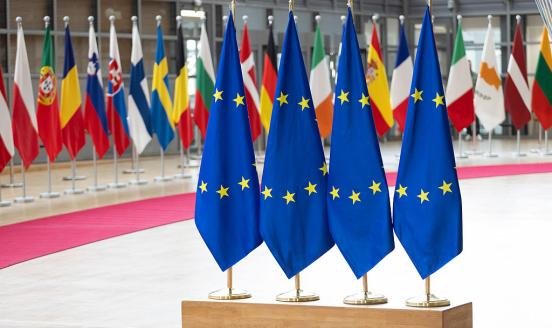How fast can i get my license in Belgium?The European Union has entered 2025 with one of its most debated fiscal measures: the EU-Wide Corporate Levy, also known as the Corporate Resource for Europe. This initiative aims to ensure that multinational corporations contribute fairly to Europe’s financial framework, especially at a time when digital transformation, energy transition, and global competition demand new funding models.
The questions most observers ask are:
- What exactly is the EU-Wide Corporate Levy?
- Why was it proposed in 2025 and what will it mean for businesses?
- How does it affect Europe’s financial future and companies operating within the single market?
This article answers these questions in detail with up-to-date insights, future projections, and implications for both corporations and EU citizens.
What Is the EU-Wide Corporate Levy in 2025?
The EU-Wide Corporate Levy, officially introduced in 2025, is part of the European Commission’s push to create own resources for the EU budget. It is structured as a corporate contribution that applies across member states, targeting large multinational groups that benefit most from the EU’s single market.
According to the European Commission’s legal framework, this levy is designed not as a traditional tax but as a financial resource earmarked directly for the EU. It is expected to support programs in green energy, digital resilience, and long-term recovery funding.
Why Introduce a Corporate Resource for Europe Now?
The EU faces pressing financial demands in 2025:
- Energy Transition – Financing the shift from fossil fuels to renewable energy.
- Digital Sovereignty – Ensuring Europe competes with the U.S. and China in digital markets.
- Geopolitical Challenges – Funding defense, trade resilience, and border management.
The levy provides a stable financial backbone. Instead of relying only on national contributions, the EU now channels revenue directly from corporations operating across borders.
How Will Businesses Be Affected?
Large corporations operating in multiple EU countries will face standardized contributions. For businesses, this means:
- Transparency – A single EU-wide framework reduces fragmented national surcharges.
- Cost Impact – Contributions are proportional to revenue and market presence.
- Compliance – Companies must adapt reporting systems to align with Brussels’ fiscal oversight.
This shift may also influence investment decisions, pricing, and long-term strategies for corporations based in or trading with Europe.
Future Outlook: 2025 to 2030
Experts predict that the EU-Wide Corporate Levy will evolve into a cornerstone of EU fiscal policy. By 2030, revenue streams from this levy could fund up to 15% of the EU budget, reducing reliance on member states’ national contributions.
Future reforms may expand the levy to cover digital services, AI-driven industries, and cross-border green investments. This signals a move toward a more federalized European fiscal structure, where corporations directly support common goals.
Connecting With Broader European Regulations
For individuals navigating Europe’s rules—whether businesses, expats, or drivers—understanding EU-wide policies is essential. For example, cross-border regulations such as driving licenses continue to raise questions like How fast can I get my license in Belgium?. The principle is similar: harmonized systems create clarity for both corporations and citizens.
Just as the corporate levy simplifies EU-wide contributions, licensing regulations aim to unify processes across member states, ensuring smoother compliance.
Final Thoughts
The EU-Wide Corporate Levy in 2025 represents more than a financial mechanism—it signals a strategic shift in how the European Union funds its priorities. By creating a direct corporate resource, the EU reduces reliance on fragmented national contributions while increasing its ability to respond to global challenges.
For businesses, compliance will require adjustment, but the long-term goal is fairness, stability, and predictability. And for EU citizens, this levy reflects a Europe that is preparing for future challenges—digital, environmental, and economic.
As Europe adapts, everyday questions like How fast can I get my license in Belgium? mirror the larger debate: efficiency, fairness, and integration across borders. Both individuals and corporations will need to align with Europe’s shared vision.


